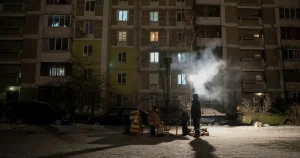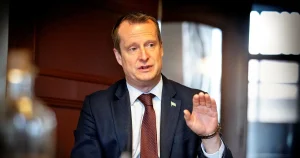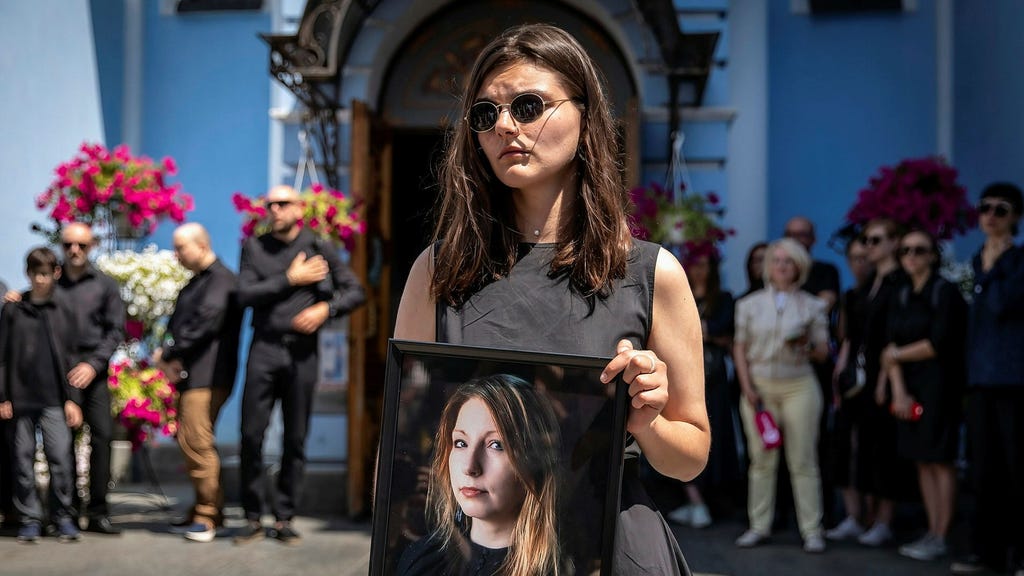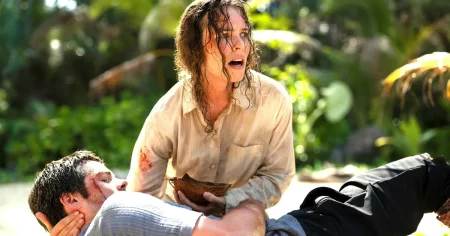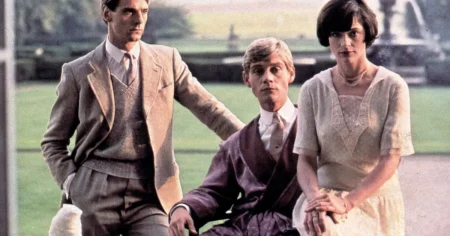The global landscape of conflict and crisis permeates the literary world, a trend particularly evident in non-fiction. Nearly three years into the Russian invasion of Ukraine, a plethora of books, perhaps 25 in total, have grappled with the war and its historical antecedents. Engaging with this body of work is transformative, revealing a wealth of previously unknown information and highlighting the depth of the subject. Ukraine’s plight fosters a profound respect for the nation’s unwavering resistance and yearning for freedom. As the country faces potential peace negotiations in the coming years, the importance of continued international support, including a promise of swift EU accession, cannot be overstated. Ukraine belongs to Europe, not Russia, and deserves our unwavering commitment.
Several new releases warrant particular attention. Victoria Amelina’s posthumous account, ”Seeing Women Seeing War,” provides a crucial record of the conflict’s brutal realities, documenting war crimes such as attacks on civilian targets, sexual violence, child abductions, torture, and executions. This meticulous documentation is essential for holding perpetrators accountable. Complementing Amelina’s work, Anna-Lena Laurén’s ”While the War Rages, There Is No Reconciliation” compiles her dispatches and observations from her time reporting in Kyiv, offering valuable insights from the front lines. For a deeper understanding of the historical context driving the Kremlin’s aggression, Hans-Göran Karlsson’s ”Russia and the War for History” examines how a manipulated narrative of the past has become a weapon in the present. Finally, Timothy Snyder’s ”On Freedom” offers an unexpected tribute to the Ukrainian railway system, highlighting its resilience in maintaining operations throughout the war, ensuring the vital flow of supplies and people – a testament to the enduring spirit of freedom.
Beyond the immediate conflict in Ukraine, other upcoming non-fiction releases explore diverse themes. Liza Alexandrova-Zorina’s ”Land of the Serfs” follows her acclaimed ”Children of the Empire,” which exposed the shadowy underworld of undocumented migrant labor in Sweden. This new investigation delves further into the exploitation of vulnerable individuals by criminal networks, highlighting the precarious existence of workers trapped in a system that denies them basic rights. Meanwhile, philosopher Jonna Bornemark embarks on an ambitious four-volume series exploring our relationship with nature and each other, starting with ”Twisting the World,” promising a characteristically insightful and thought-provoking analysis.
The world of journalism also receives focused attention with Fatima Bremmer’s ”The League,” which examines a network of female journalists in early 20th-century Sweden, including the pioneering Ester Blenda Nordström, the subject of Bremmer’s August Prize-winning biography. This exploration promises to shed light on the challenges and triumphs of these women who navigated a male-dominated profession. Meanwhile, Åsa Linderborg takes on a more contemporary figure with ”Tjabo,” a biography of Sweden’s King Carl XVI Gustaf. The provocative title and cover suggest a less reverent approach, but Linderborg’s background as a historian hints at a nuanced examination of both the monarch and his era.
Turning to global issues, Pankaj Mishra’s ”The World After Gaza” grapples with the aftermath of the Israeli-Palestinian conflict, examining the human cost of the war and posing difficult questions about the value of different lives. Mishra situates the conflict within a broader historical context of colonialism, racism, and the Holocaust, inviting a necessary but potentially controversial discussion. Finally, Svante Nordin completes his monumental four-volume history of philosophy, spanning from 500 BC to 1650 AD, offering a comprehensive and detailed exploration of Western thought.
The spring publishing season also features compelling biographies of artistic figures. Fredrik Sjöberg’s biography of Bruno Liljefors promises a rich exploration of the renowned Swedish wildlife painter, drawing on Sjöberg’s own deep appreciation for nature. Johan Svedjedal, known for his biographies of significant Swedish literary figures, turns his attention to the early years of poet Gustaf Fröding, offering a glimpse into the formative experiences that shaped his work. These diverse offerings provide a glimpse into the wealth of non-fiction awaiting readers, tackling a wide range of topics from war and politics to history, philosophy, and the arts.



